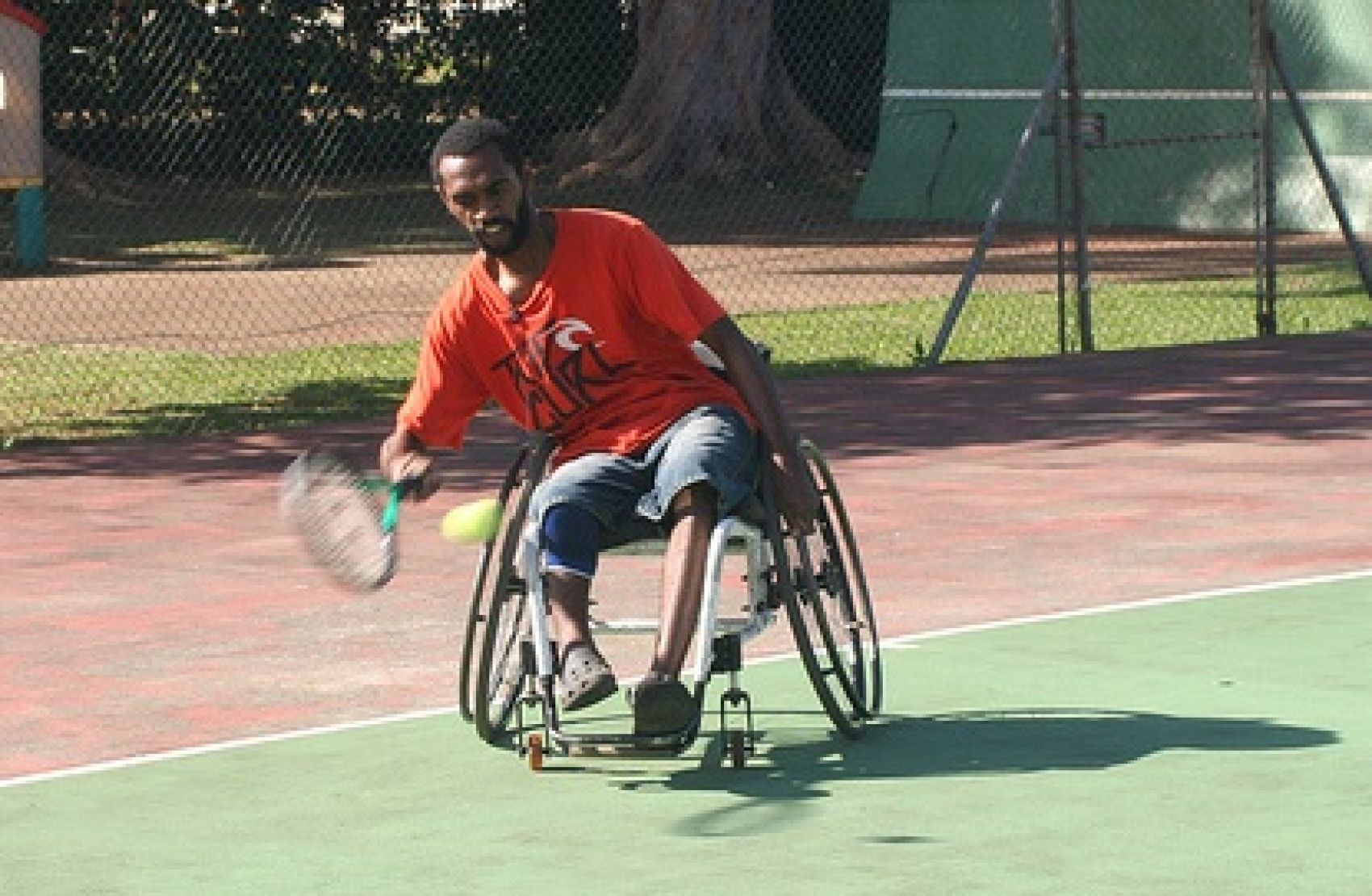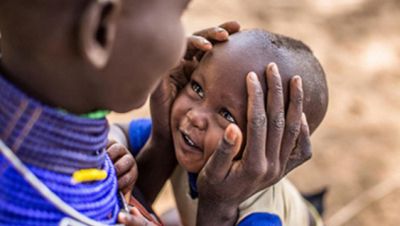As a theoretical physicist I understand very well the concept of vulnerability: there is little in the cosmos that is not susceptible to harm. Even the very universe itself may someday come to an end.
Humanity has always been vulnerable to different challenges. And there can be no doubt that great scientific discoveries—from penicillin to the periodic table, from evolution to electricity—have helped us to understand our world, reduce our vulnerability, and build more resilient societies.
But, despite great and varied progress, vulnerable people and vulnerable groups of people remain—none more so than the disabled. The United Nations estimates that over a billion people live with some form of disability and they are disproportionately represented among the world’s poorest and at greater risk of suffering from violence, disaster, catastrophic health expenses, and many other hardships.
The vast majority of people with disabilities have a hard time simply surviving, let alone living lives they have reason to value, to use the lexicon of human development. However, disability need not be an obstacle to success. I have had motor neurone disease for nearly all my adult life, but it has not prevented me from having a prominent career in theoretical physics and a happy family life.
I realize of course that in many ways I have been fortunate. My success in theoretical physics has ensured that I’ve been able to live a life I value. I have benefited from first-class medical care. I can rely on a team of assistants who enable me to live and work in comfort and dignity. My house and workplace have been made accessible to me. Computer experts have supported me with an assisted communication system and a speech synthesizer, which allow me to compose lectures and papers and to communicate with different audiences.
People with disabilities are vulnerable because of the many barriers we face: attitudinal, physical, and financial. Addressing these barriers is within our reach and we have a moral duty to do so. Beyond that moral duty we would do well to remember the many other reasons to act. Legislation introduced to assist the disabled today will benefit nearly everyone at some point: almost all of us will be impaired at some time in life or care for someone who is. Inventions, such as optical character recognition and brain controlled technology, have many other benefits beyond helping people with disabilities.
But most important, addressing these barriers will unlock the potential of so many people with so much to contribute to the world. Governments everywhere can no longer overlook the hundreds of millions of people with disabilities who are denied access to health, rehabilitation, support, education, and employment—and never get the chance to shine.
Stephen Hawking, Director of Research at the Centre for Theoretical Cosmology, University of Cambridge. This blog entry is a special contribution made to the 2014 Human Development Report “Sustaining Human progress Reducing Vulnerabilities and building resilience”
Photo credit: AusAID
The HDialogue blog is a platform for debate and discussion. Posts reflect the views of respective authors in their individual capacities and not the views of UNDP/HDRO.


